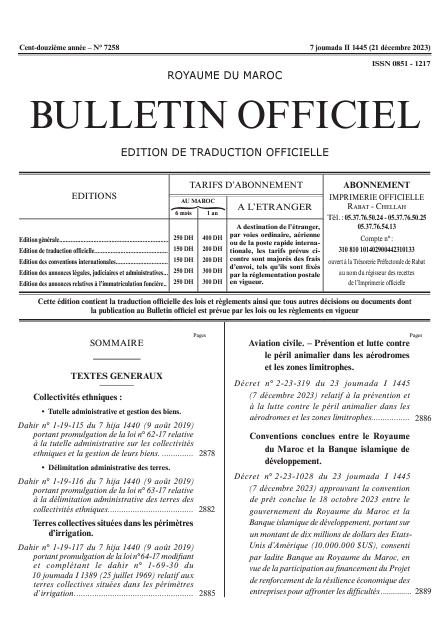L’accès à la terre en Côte d’Ivoire
En Côte d’Ivoire comme dans d’autres pays africain, le pluralisme juridique est l’origine d’une crise de la légalité et de crispations sociales. L’accès à la terre est emblématique des difficultés et des différends qui peuvent naître de la coexistence, issue de la colonisation, d’une pluralité de modes de normativité étatique et coutumier en jeu sur un même territoire.








